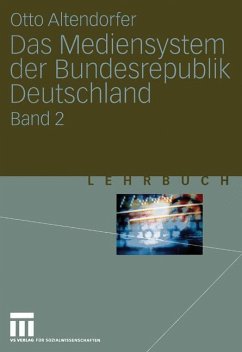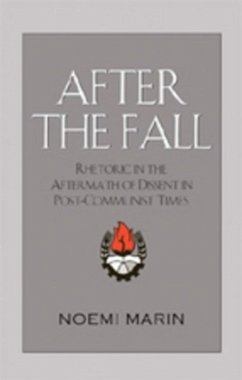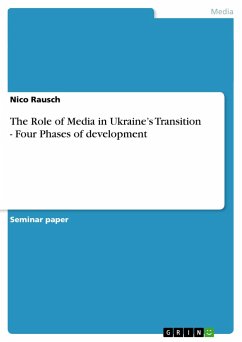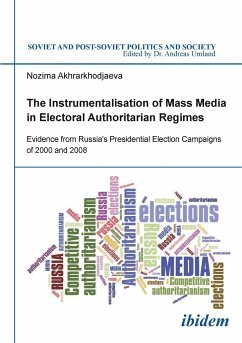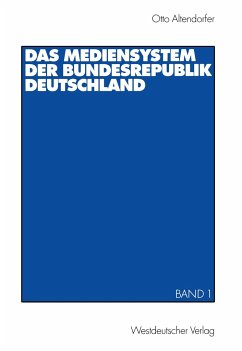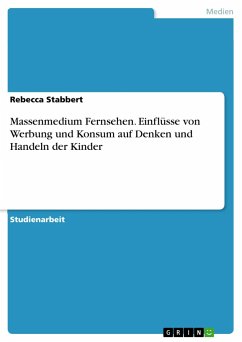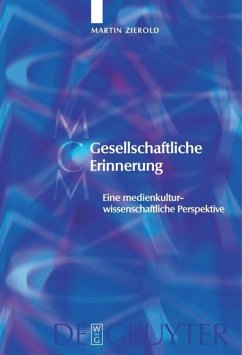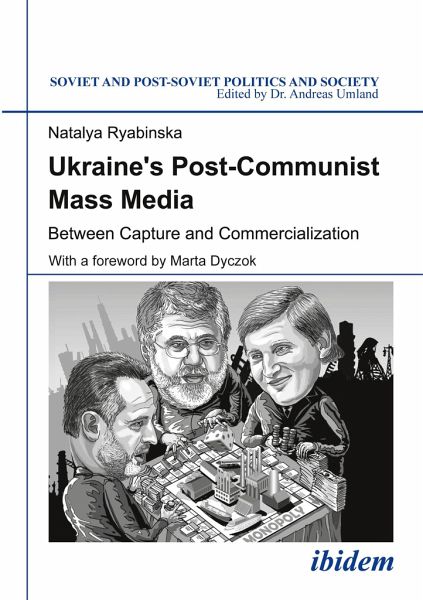
Ukraine's Post-Communist Mass Media

PAYBACK Punkte
0 °P sammeln!
Natalya Ryabinska calls into question the commonly held opinion that the problems with media reform and press freedom in former Soviet states merely stem from the cultural heritage of their communist (and pre-communist) past. Focusing on Ukraine, she argues that, in the period after the fall of communism, peculiar new obstacles to media independence have arisen. They include the telltale structure of media ownership, with news reporting being concentrated in the hands of politically engaged business tycoons, the fuzzy and contradictory legislation of the media realm, and the informal instituti...
Natalya Ryabinska calls into question the commonly held opinion that the problems with media reform and press freedom in former Soviet states merely stem from the cultural heritage of their communist (and pre-communist) past. Focusing on Ukraine, she argues that, in the period after the fall of communism, peculiar new obstacles to media independence have arisen. They include the telltale structure of media ownership, with news reporting being concentrated in the hands of politically engaged business tycoons, the fuzzy and contradictory legislation of the media realm, and the informal institutions of political interference in mass media. The book analyzes interrelationships between politics, the economy, and media in Ukraine, especially their shadowy sides guided by private interests and informal institutions. Being embedded in comparative politics and post-communist media studies, it helps to understand the nature and workings of the Ukrainian media system situated in-between democracy and authoritarianism. It offers insights into the inner logic of Ukraine's political system and institutional arrangement in the post-Soviet period. Based on empirical data of 1994-2013, this study also highlights many of the barriers to democratic reforms that have been persisting in Ukraine since the Revolution of Dignity of 2013-2014.





